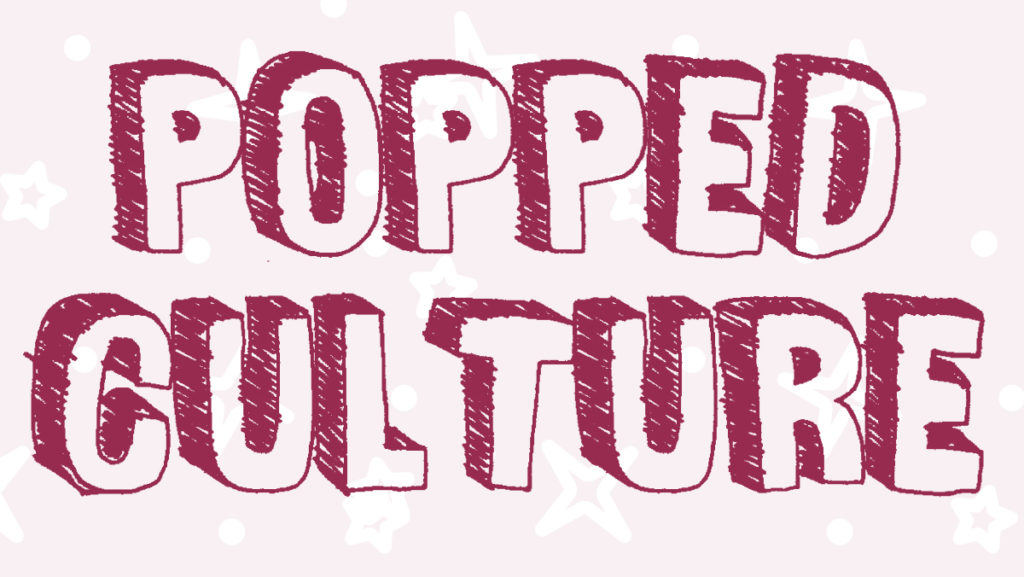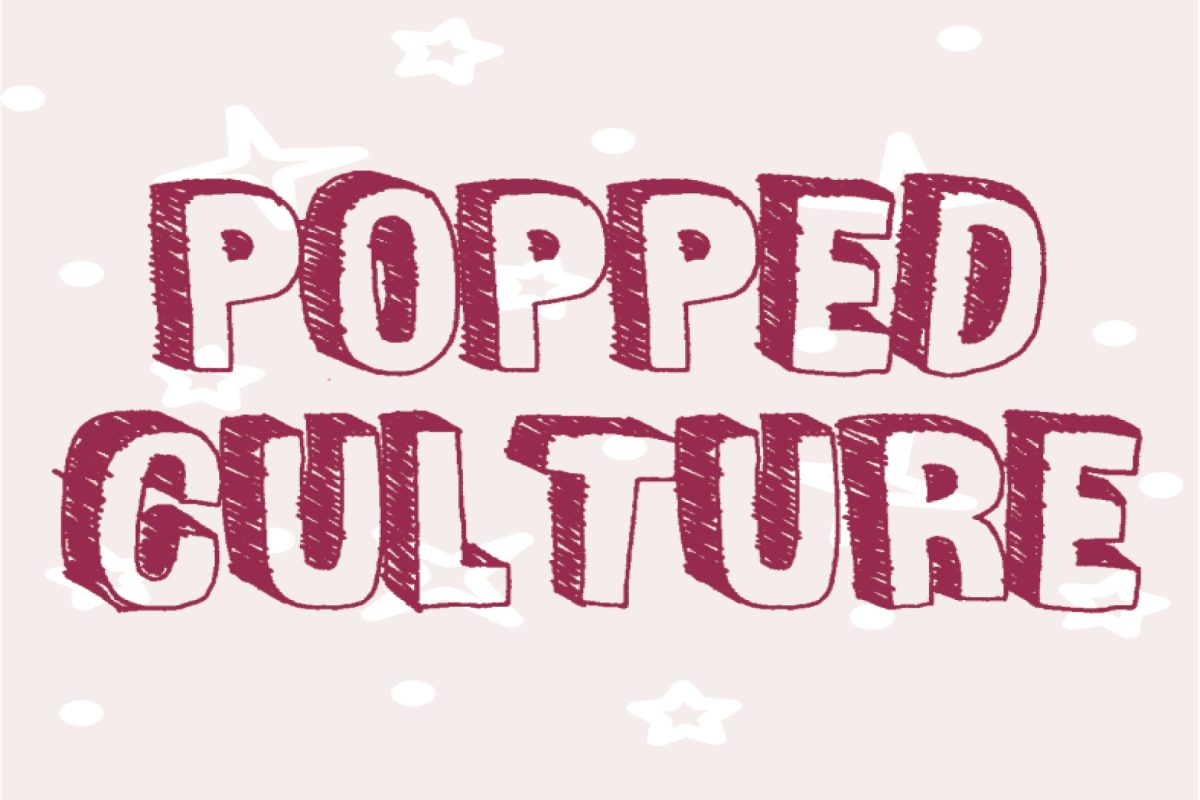Movie producers and directors are always looking for current trends to make a film about. As a result, Netflix has begun to make documentaries about the influence of social media as it becomes an increasingly present part of daily life.
With varying degrees of quality, these films attempt to make sense of the virtual social media Wild West that has emerged over the past 10 years. By explaining everything that goes on behind the scenes, they are able to show viewers how this lawless frontier has influenced larger issues — contemporary culture, civil liberties and election integrity.
“Fyre,” a Netflix documentary released in January 2019, chronicles the story of the now infamous Fyre Festival, a fraudulent music festival in the Bahamas. The film’s primary focus is chronicling the leadup to the festival and its eventual showdown. However, its conclusion is that the festival never could have happened without social media promoting the influencer lifestyle that has taken the world by storm. This is because the festival was marketed by high profile influencers like Bella Hadid, Emily Ratajkowski and Kendall Jenner, who were paid by the organizers to promote it.
Billy McFarland, the now-convicted fraudster behind the festival, was able to sell an event that would, in theory, capture the essence of this lifestyle. The film concludes that this lifestyle is similar to the Fyre Festival itself — a shiny veneer that promotes a lavish way of living, yet covers up hollow promises.
Netflix also released “The Great Hack” later that year, which breaks down the Cambridge Analytica data scandal, where the eponymously titled political consulting firm illegally harvested the data of millions of Facebook users. This data was then used by former President Donald Trump’s 2016 election campaign to manipulate social media users into voting for Trump. Cambridge Analytica also used data to help the 2016 Brexit campaign, which was able to garner enough votes to withdraw the United Kingdom from the European Union.
The film follows Brittany Kaiser, a whistleblower behind the scandal and an interesting voice in the movement for data rights. Kaiser, who was an employee at Cambridge Analytica, explains to viewers how the mass harvesting of data allowed the firm to create “psychological profiles” of every American voter with a Facebook page. Voters in swing states were then targeted with specialized Facebook ads that were designed to stoke fear, one of the most powerful emotions behind voters’ choices in elections. This fear was of losing their jobs, their safety and the changing racial demographics of the country.
“The Great Hack” raises questions about civil liberties in the 21st century. If Cambridge Analytica can so easily access and use data to manipulate voters, how many other internet companies have done the same? What kind of privacy laws should be in place to protect users from having their data harvested without their knowledge? Will democracy be able to survive if we continue the status quo?
In September 2020, Netflix released “The Social Dilemma,” the best of these three documentaries. While “The Social Dilemma” expresses concern with the influence of social media on democracy, its most profound discussion is of the personal effects of social media.
The film features interviews with design ethicists Tristan Harris and Aza Raskin, who explain to viewers how social media should not be seen as a tool, but rather as a weapon of seduction. Spread across a country of over 300 million people, this attention to social media decreases users’ mental health and ability to tell the difference between fact and fiction. The result of this, the documentary explains, is polarization, radicalization and the decline of election integrity.
Despite giving viewers some very important issues to think about, it is important to note that Netflix is not above criticism. Similar to social media, Netflix’s business model is based on grabbing and holding attention, as evidenced by its format that encourages binge watching. Netflix also recently greenlit a reality TV show about the Hype House, popular TikTok group, further proving its desire to capitalize on the era. With Americans watching more Netflix now than ever before, there is some hypocrisy behind Netflix releasing these movies. The same website that is warning viewers of the dangers of social media uses the same attention-for-profit business model that it criticises.





